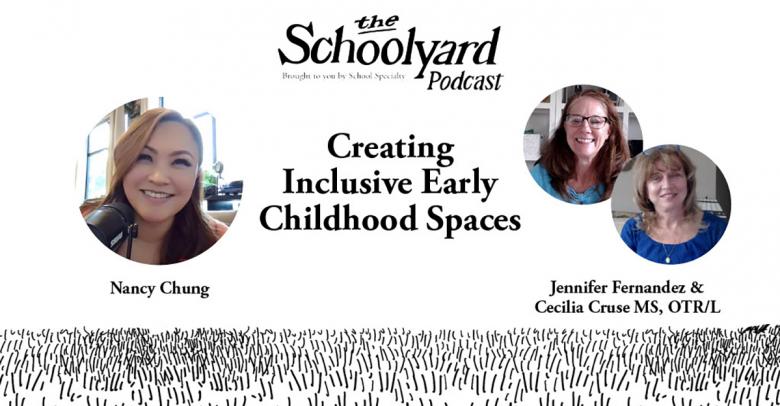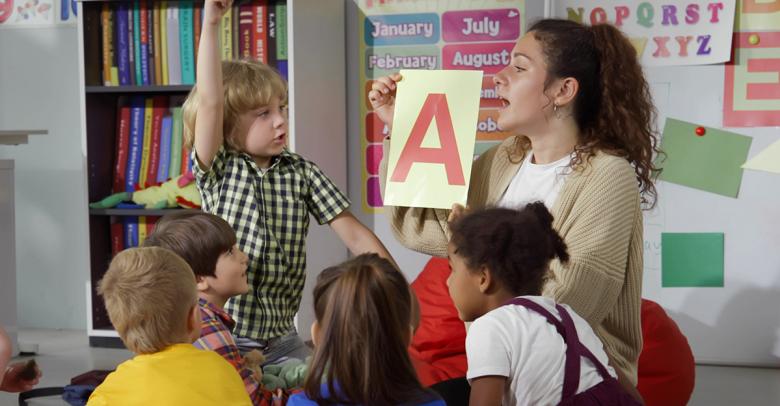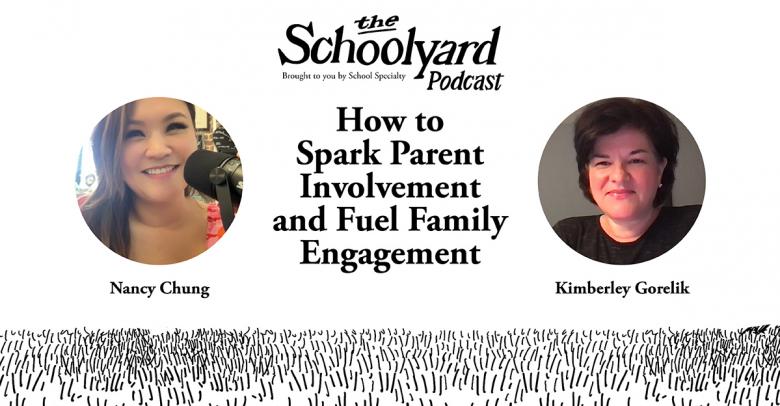While no one can deny the importance of fostering STEM and literacy skills in early learning, dramatic play can also provide exactly what is needed for a child’s development. Research tells us that dramatic play is the natural way children make sense of the world. Because it is engaging and fun, children are intrinsically motivated to be a part of such play. Therefore, it is the perfect way for children to develop socially, emotionally, cognitively, and physically.
The most intriguing information about dramatic play is how abstract it is for our young concrete thinkers. While participating in dramatic play, children use symbolic thinking as they transform themselves and objects into people and things they are not. As a wooden block becomes a microphone and a little girl becomes a veterinarian, children are using mental representation. This symbolic thinking is a necessity to comprehend that a picture of a dog, the spoken word “dog” and the letters d-o-g are all ways to represent that furry, four-legged creature that barks.
Additionally, dramatic play is a form of creativity and self-expression. It allows children who are just learning language to express things that they may not yet be able to do verbally. How else can they decide who will be the dad today or how to prepare for the baby’s birthday party? Also, children are practicing social skills as they read each other’s social cues, share, cooperate, take turns, and act in response to the actions of their playmates. In a webinar on the topic, it was aptly stated that there are more complex interactions observed in dramatic play scenarios than anywhere else in a learning environment.
A final plug for dramatic play is that it develops executive function skills. This imaginary activity requires the use of working memory as children represent what they know. Also, it takes lots of planning and organization to get the imaginary pizza place up and running. Lastly, if you are playing the injured patient who cannot walk, it requires self-regulation to resist the urge to get up and run when someone calls your name!
The big message here is that dramatic play should have a starring role due to the developmental and academic benefits it brings to children. We can easily support this play by giving children time, space, and materials to make it happen. So, lights, camera, action… let the dramatic play continue!
Jennifer Fernandez
Jennifer has over 30 years of experience in education. She has degrees in Elementary Education, Spanish, and Bilingual Education and holds teaching licenses in Texas and Minnesota. She has taught PreK-2nd grade in general and bilingual settings, served as a professional learning specialist for seven years, and currently presents at state and national conferences.
Read more by Jennifer Fernandez–>







Leave a Reply